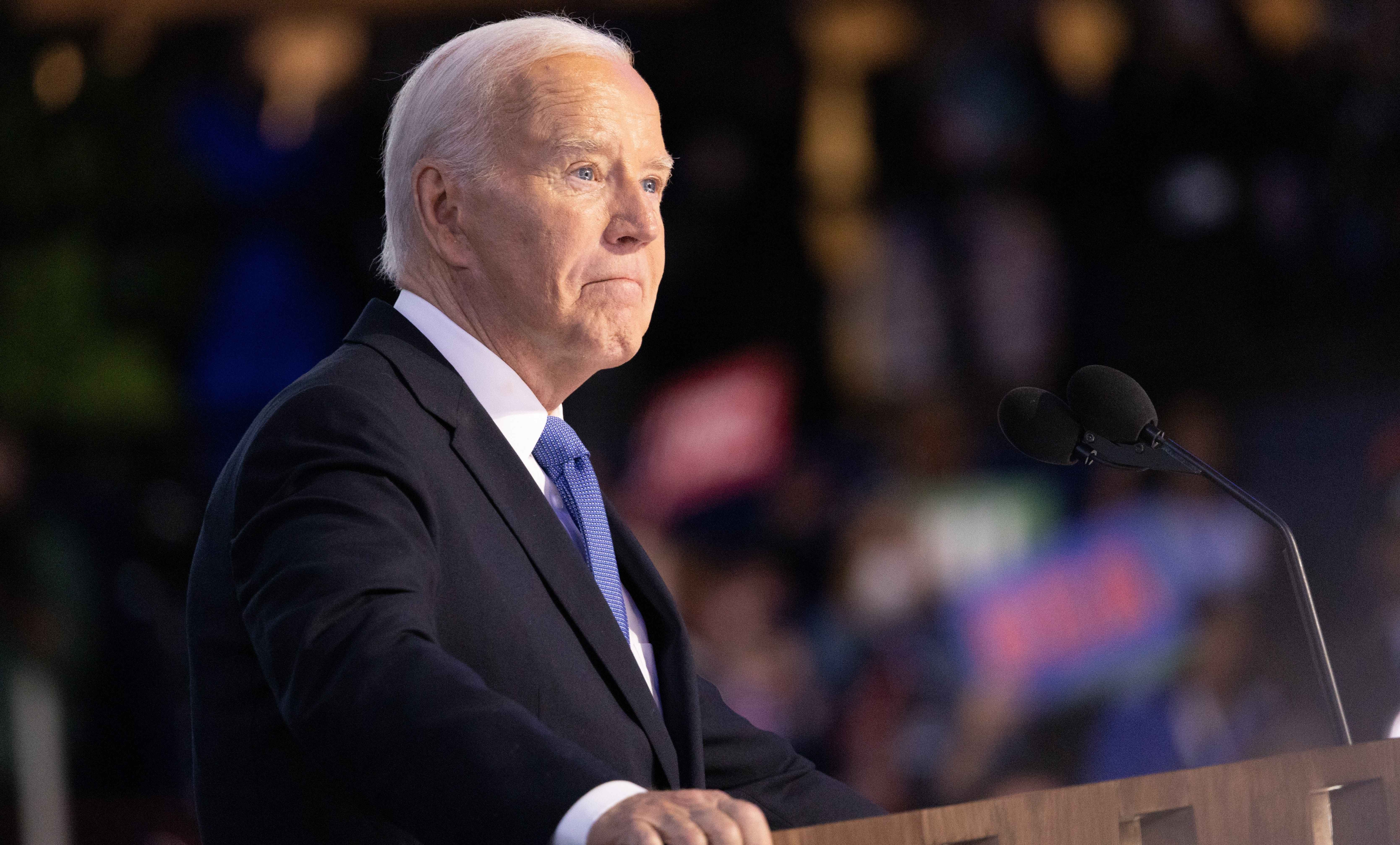President Joe Biden has called America “the world power,” and has referred to his “leadership in the world.” If Biden does indeed see himself as a, or the, world leader, then he has been disappointing in his job and has mismanaged it.
The world today stands on the brink of larger wars, even potentially world wars, on two fronts simultaneously. That is, perhaps, a more precarious position than the world has found itself in in over half a century, since the Cuban Missile Crisis, and perhaps longer. Then, the danger came from a single front: today, there is danger on two or even three.
The Biden administration seemingly subscribes to a foreign policy doctrine of nurturing wars while attempting to manage them so that they remain confined to America’s foreign policy interests and do not spill over into wider wars. But such fine calibrations are not easily done. War is sloppy and unpredictable. Though a nation’s plans may be well understood by its planners, calibration of what might push the enemy too far and cause a wider war depends equally on your enemy’s plans, calibrations, passions and red lines: all of which are harder to profile or understand.
What is more, the contemporary culture of the U.S. foreign policy establishment seems dedicated precisely to excluding the kind of knowledge and empathy that allows one to understand an adversary’s mind, and instead to fostering ill-informed and hate-filled prejudice.
Calibrating how far you can push militarily or politically without tipping the balance of containment and triggering full-scale war is dangerously worse than tricky. Hezbollah leader Hassan Nasrallah badly miscalculated how far the calibrated strikes and responses with Israel could go before a controlled conflict became a larger war. The price of miscalculation was his life and a war in Lebanon.
Successive U.S. and European governments, and the NATO Secretariat, calculated that they could, through a series of steps, expand NATO into the former Soviet space without triggering a military response from Russia. The result of this miscalculation has been a war that has been disastrous for Ukraine and severely damaging for Western interests and that risks ending in either Western humiliation or direct war between Russia and the West.
Despite the fragility of such calibrations, they seem to have become the centerpiece of U.S. policy. In both the Middle East and Ukraine, the U.S. nurtured wars by sending weapons and discouraging diplomacy. And in both theaters, the U.S. prioritized containing the wars they were supporting and preventing them from becoming wider wars.
In the Middle East, the focus has been on balancing supporting Israel and its right to defend itself with preventing the war from escalating into a wider regional war. Biden insists that “we’re going to do everything we can to keep a wider war from breaking out.” In Ukraine, the focus has been on providing Ukraine with whatever it needs for as long as it takes to attain the strongest position on the battlefield to win them their freedom, their sovereignty and their territorial integrity while preventing the war from escalating into a wider war with Russia. “We will not fight a war against Russia in Ukraine,” Biden has said. “Direct confrontation between NATO and Russia is World War Three, something we must strive to prevent.”
But Biden’s strategy is on the precipice of disastrous failure on both fronts. On both fronts the calibrations have gone dangerously wrong. The war in Gaza has spread to Lebanon and is on a quivering edge in Iran. After Iran’s missile strikes on Israel on October 1, the world awaits, not only Israel’s response, but Iran’s response to that. The risk is not just an Israel-Iran war. With the U.S. sending, not only a Terminal High Altitude Area Defense system, or THAAD, advanced missile defense system to Israel, but about 100 American troops to operate it, there is the risk of the U.S. being drawn into a war with Iran. If that’s not bad enough, that war could then, conceivably, draw in Russia.
In Ukraine, too, the calibration quivers on the edge of a wider war. Zelenskyy daily lobbies the U.S. to erase all red lines and green light strikes deeper into Russian territory with Western supplied long range missile systems, that, as in Israel, would require U.S. involvement.
Russian President Vladimir Putin warns that such a green light would “change the very essence, the very nature of the conflict dramatically” because it would “mean that NATO countries — the United States and European countries — are at war with Russia.” If Defense Secretary Lloyd Austin is correct that the U.S. is “seeing evidence” that South Korean and Ukrainian intelligence are right in their assertion that North Korea has sent 3,000 troops to Russia, then there is risk of a still wider war.
The Biden administration’s policy of calibrating how far you can nurture a war before pushing it over the precipice of escalation has gone badly and placed the U.S. on the edge of two wider wars. If Biden is the leader of the world, then he has recklessly and dangerously mismanaged it.
















